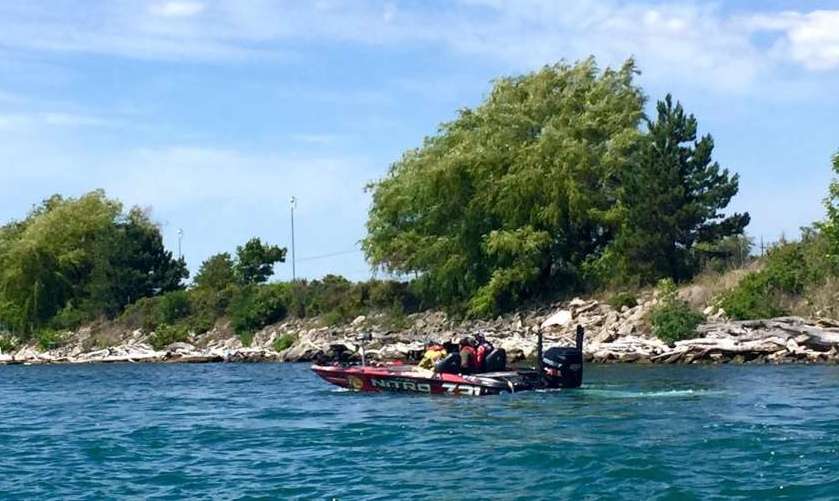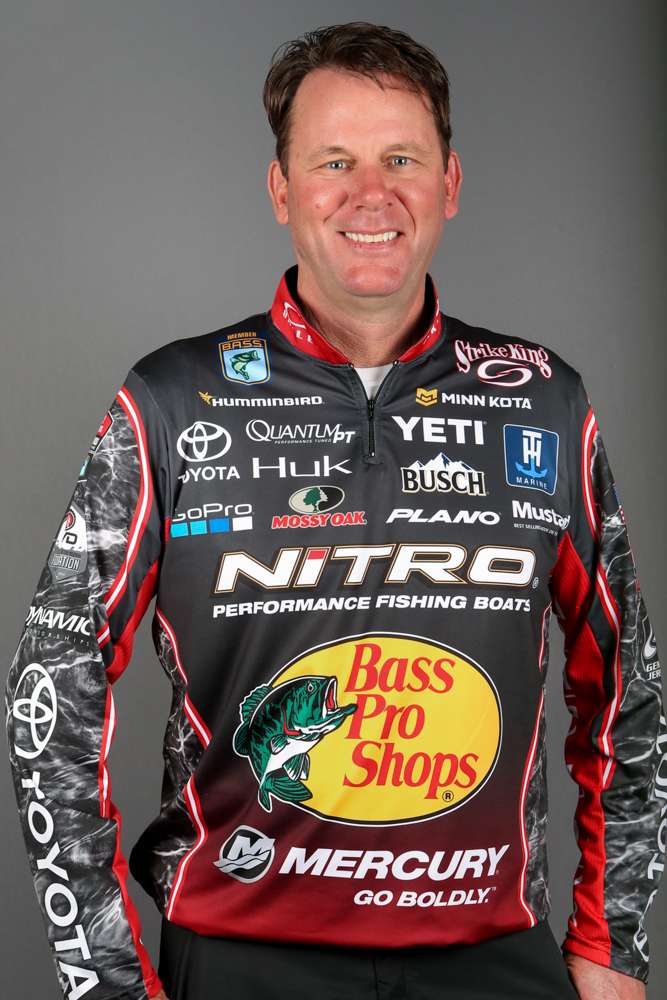
The results of the Bassmaster Elite season opener on Cherokee Lake, Tenn., revive the often debated question as to whether pre-practice on a lake is beneficial.
Historically, it isn’t worth it to go well in advance of an Elite Series tournament because the off-limit period occurs well in advance of the event and conditions change drastically before competition begins.
I’ve been an opponent of fishing lakes during the pre-practice period. You’re usually dealing with fluctuating water levels, differences in seasonal patterns, weather conditions, etc., all of which can be drastically different when the competition begins. On top of that, you can develop pre-conceived notions that will cloud your judgement.
But that wasn’t the case at Cherokee. The bass were in their wintertime patterns before the off limits ended and stayed there during the tournament. Most of the guys who went there for pre-practice did well. They spent a lot of time fishing and graphing the deeper structure and that’s where most of the fish were caught last week.
It served them well and handicapped those of us who chose not to go.
For me, the 2 1/2 days of official practice normally is sufficient to figure things out. Cherokee isn’t that big of a lake compared to most waters we visit and it should have been plenty.
However, the water was very cold and the fish weren’t very aggressive during the official practice so we couldn’t fish fast and cover a lot of water. That made it tough for those unfamiliar with the lake to put together a specific pattern like those anglers who did well.
So does that change my mind about pre-practice?
Not at all.
The Bassmaster Classic is coming next month on Lake Conroe and I will not pre-fish it. I’ve been to Conroe for the Toyota Texas Bass Classic three times in recent years and feel I know it fairly well. Admittedly, I’ve never fished there during March, but I have seen the lake at three different water levels, from 7 feet below pool to summer pool. Also, I know the lake well and feel it’s more important to go there when conditions are current.
That being said, it’s still going to be a challenge to block out historical knowledge and fish what I see at the time of the event. That’s one of the toughest things that an experienced bass pro must do is to utilize previous knowledge effectively yet make good decisions based on current conditions and not get hung up on the past. Experience on any lake is a benefit, but you have to guard against being set in your ways.
It’s a tough balancing act.
That’s not to say advanced pre-practicing is always bad. Visiting large lakes that you’ve never seen can be helpful if you spend most of your time driving and watching electronics, learning the lay of the lake and its structural elements. From my perspective, you shouldn’t pick up a rod – which is hard to do – because any success you have at that time can clutter your thought process when the tournament begins.
So pre-practice or no pre-practice? Everyone is different and has to determine what works best for him. If you do pre-practice, just be aware of the pitfalls that can haunt you later.
Remember, it’s all about the attitude!

